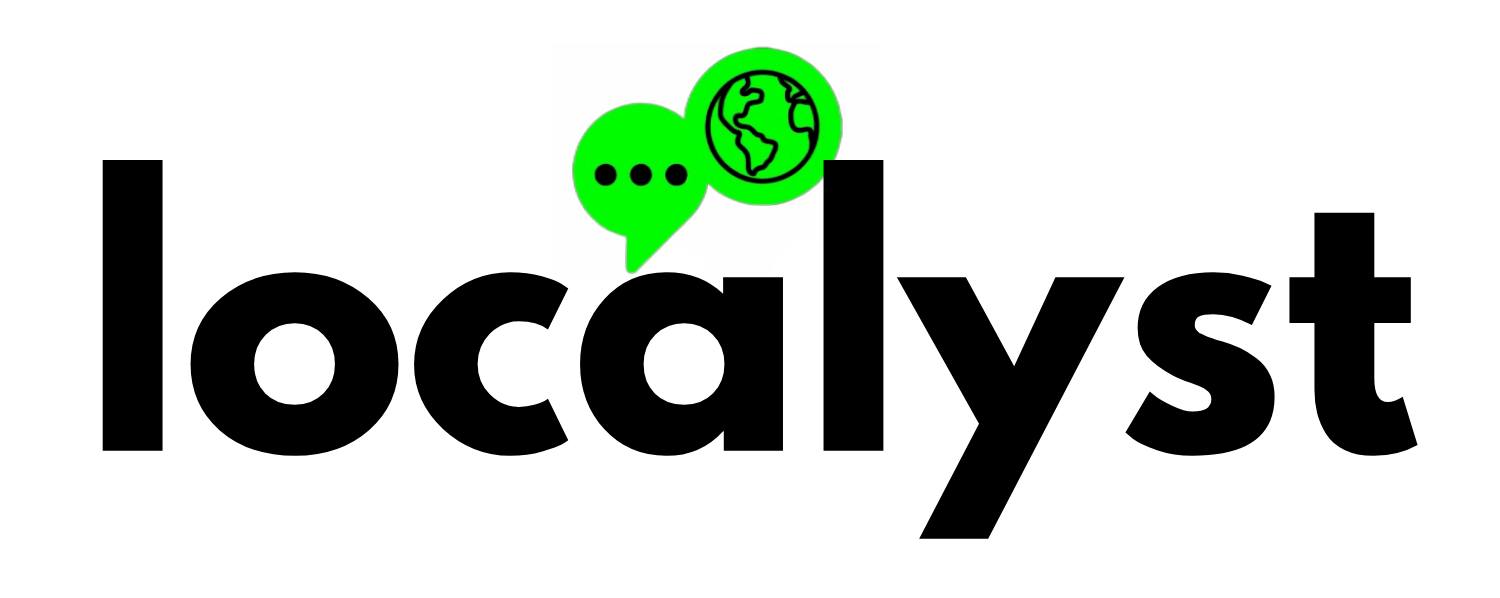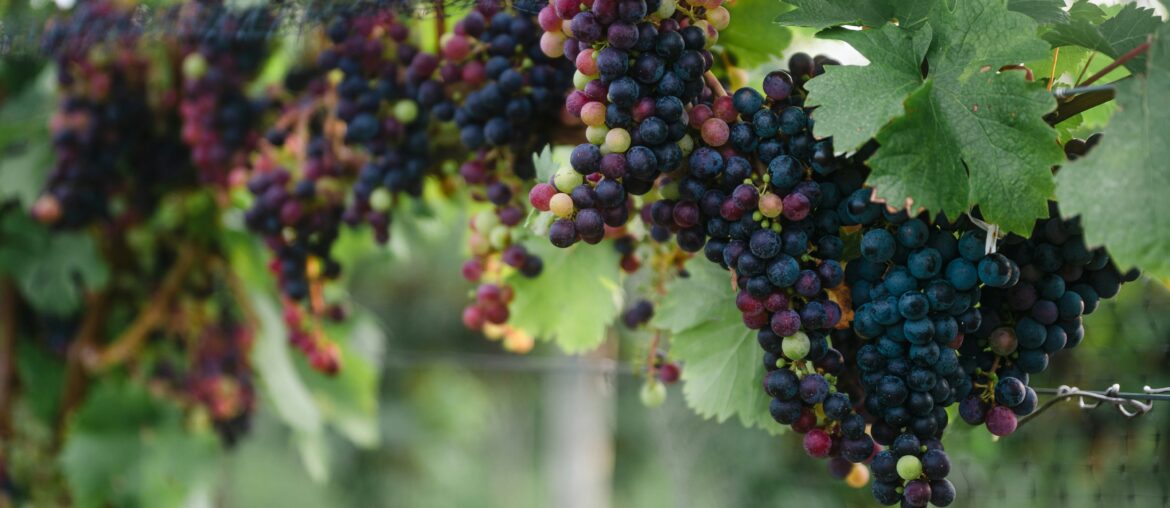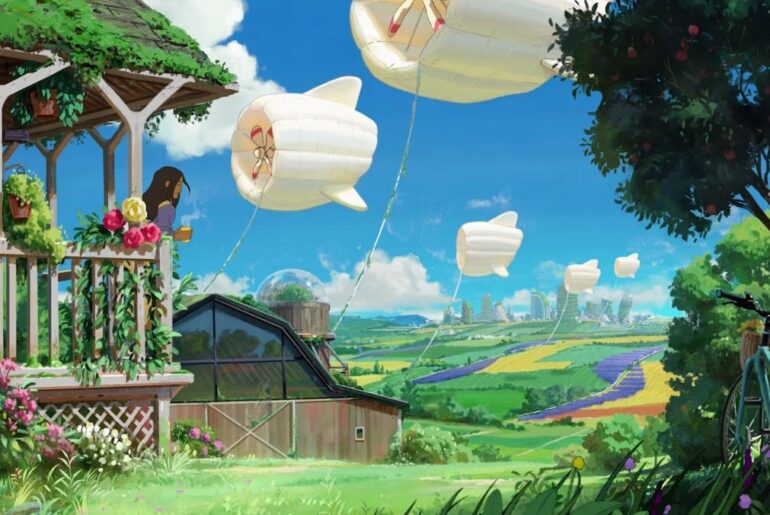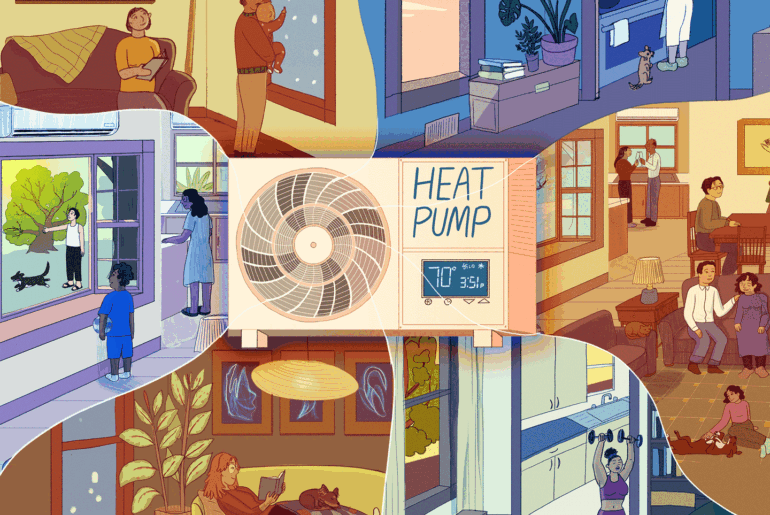As climate change reshapes wine country in New York’s Finger Lakes region, vineyard owners are adapting with a growing sense of urgency—and a shared commitment to sustainability.
Scott Osborn, who owns Fox Run Vineyards on Seneca Lake, has watched conditions become increasingly unpredictable. A decade ago, he encouraged new growers to enter the business. Today, his advice is more cautious. “You’re crazy,” he told the Associated Press, reflecting on the mounting risks of grape farming in a warming world.
Extreme weather, including early frosts and warmer winters, is complicating the harvest cycle. When grape buds emerge earlier in the season, they face greater risk of frost damage. Year-round rainfall and warmer nighttime temperatures also challenge traditional growing methods.
Yet Osborn, along with dozens of other Finger Lakes winegrowers, is responding by implementing environmentally focused practices. Fox Run now powers 90% of its operations with solar energy. The vineyard is also using underground fungal networks to help insulate crops from drought and disease. It’s one of more than 50 local farms certified under the New York Sustainable Winegrowing program.
“We all have to do something,” Osborn said, noting that he’s concerned not just about weather, but also about shifting federal environmental policies and international tariffs that could affect the industry’s bottom line.
Suzanne Hunt, whose family has operated Hunt Country Vineyards for seven generations, has invested heavily in sustainable infrastructure, including geothermal heating and composting systems. Despite these efforts, the toll of climate-related crop losses and declining U.S. wine consumption has forced the family to make a difficult decision: they will stop producing wine by the end of 2025. Hunt plans to use the farm to promote sustainable practices through workshops and partnerships.
“The farm and the vineyard, you know, it’s part of me,” Hunt said. “But now I want to help others who are working to protect this place and our climate.”
Other producers are also adapting. Vinny Aliperti of Billsboro Winery has launched local initiatives to reduce glass waste by encouraging bottle reuse in construction. But he expressed concern that not all vineyards are doing their part. “I don’t see very good things coming out of the next four years in terms of the environment,” he said, citing uncertainty over federal climate policy.
Finger Lakes winemakers face economic hurdles, too. Fox Run, for example, may lose Canadian customers due to new 25% tariffs on U.S. goods, including wine. Osborn said those tariffs, combined with reduced federal support for clean energy investments, make it harder for smaller vineyards to stay competitive.
Despite the challenges, many loyal customers remain committed. “I have this fierce loyalty,” longtime Fox Run patron Aric Bryant said to the AP. “If a restaurant around here doesn’t carry Finger Lakes wine, I’m like, ‘What are you even doing serving wine?’”
With climate and policy shifts accelerating, vineyard owners in upstate New York are proving that resilience and sustainability are not just buzzwords—they’re business necessities.




